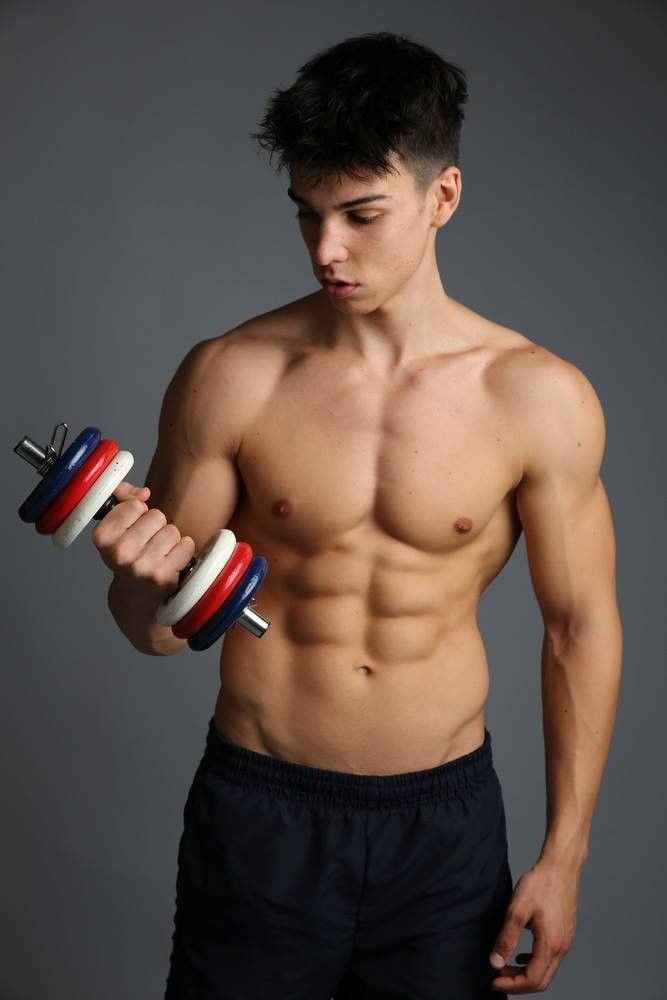
EKN “METHOD”
In fact, the approach I take with both myself and my WNBF PRO champions is not a static methodology or a short-term “magic routine” mentality, but in annual periodizations aimed at to become the best athletes (compared to the previous year), with the aim of “forcing” muscle growth.
This means that during the whole year and IN EACH MODE, a sequence of variables is generated, in which there is a place for working with RIRs. work in Failure and even end up in progressions beyond failure, using abundant intensity techniques such as (rest pause, reset, burns, partial changes, isometrics slowed down in strategic stages of rebellion).
One of my ABSOLUTE PRIORITIES is focusing on technique and movement analysis of compound exercises, as well as expressing intensity with them, in order to try to optimize the maximum volume and frequency of training to get more and avoid garbage volume, being 3 to 4 is the number of training sessions with an average weekly load, which we usually spend alternating training days with days of rest continuously.

“Method without method” was one of the famous phrases of the mythical Bruce Lee, referring to the need for inclusive and non-exclusive thinking, obsessed with dogma.
The annual program is usually divided into 4 main stages:
- First stage technique to improve performance 3 large ( bench press, deadlift and squat) at medium% load using whole body comparison . Focus on technique, neural powers, points of contact, and mechanical stress. At this point, metabolic stress is still present, but to a lesser extent.
- Stage Two Strength and Power where I work 80-90% 1RM to try and surpass my 1RM over the previous year in basic exercises. Here I sometimes use a more classic leg / jerk split, keeping in mind possible lagging muscles (in which I use Frequency 2). Focus in the same way as in the first step, although at the end of the exercise there is a little more emphasis on metabolic stress.
- Una The third stage of the transition , the most delicate where the goal is to shift the performance gains into hypertrophied ranges by learning to “scratch” more and more reps. with new levels of acquired strength. This is where I start to introduce methods gradually approaching failure (like rest pause or stairs) and beyond, especially in extras.
- Stage four focused on hypertrophy or muscle quality , where we gradually increase the intensity of the technique, where I leave more and more room for extra work and isolation. The focus here is on the gradual build-up of more volume and intensity while maintaining the load in the foundations.
GENERAL ROUTE STRUCTURE
- heavy basic exercise , usually working with RIR (ex: 8 sets of 3 reps at 75-80% y 60-90 ”rest) or progressions such as 4 × 5, 5 × 4, 6 × 3, 8 × 2, focused on improving performance.
- Multicomponent exercise on failure or on failure between 8-10 reps and rest for 2-3 minutes.
- Exercise additional isolation on failure or after failure. 12-15 reps (or strip or J-rep or burns or set of jumps, etc.) With 90-inch rest
The amount of work devoted to each exercise will depend on the phase in which we are MORE in the basics in the early phases and LESS in the basics in the hypertrophy phases, leaving more and more room for additional isolation exercises.

Comments (0)